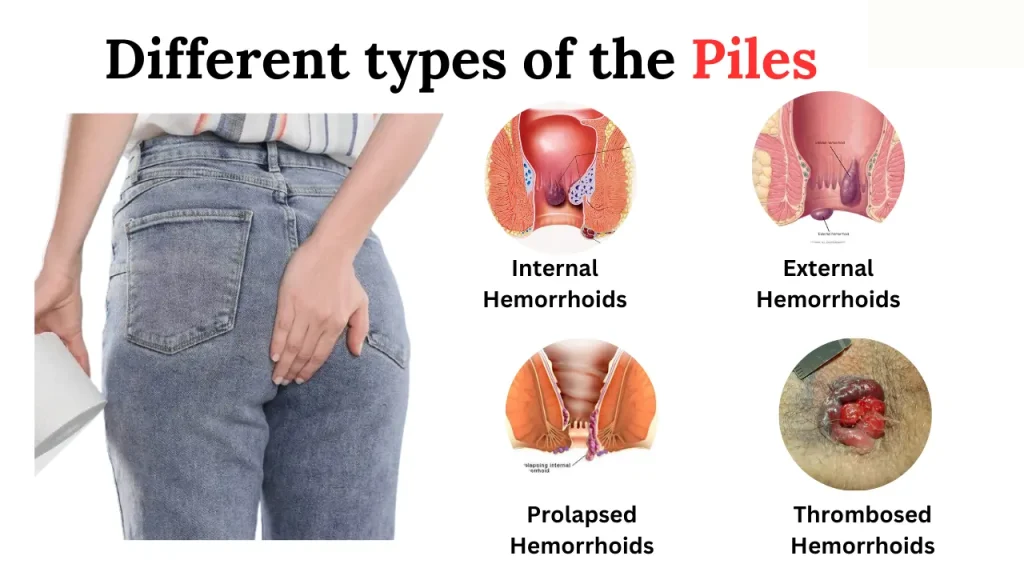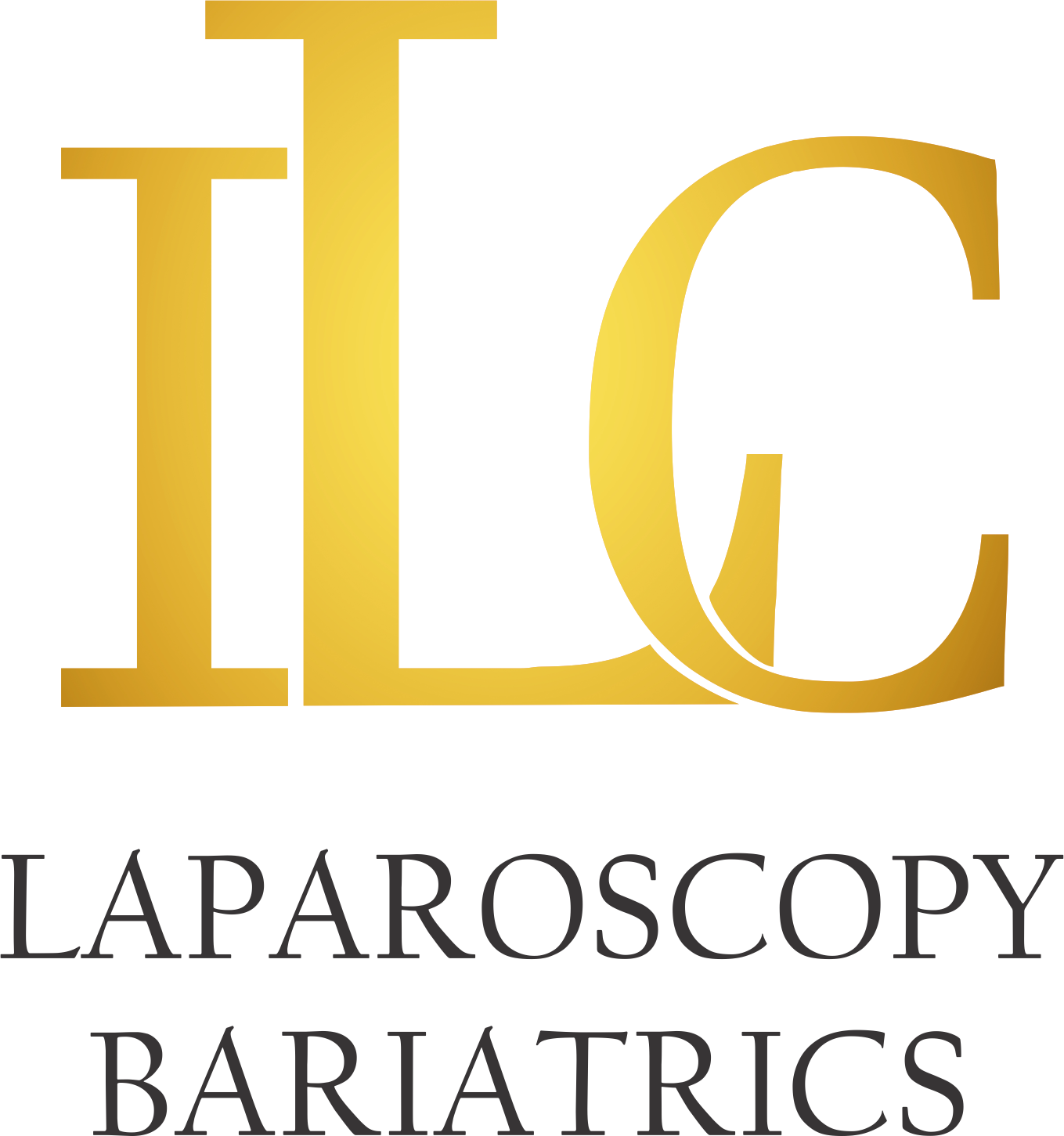Affordable Piles Treatment in Indore
Home > Piles Treatment
Piles Treatment in Indore | Best Piles Specialist
What Causes Piles?
Piles, also known as hemorrhoids, can be caused by several factors, including:

- Straining during bowel movements: This is a common cause of piles, as the pressure can cause the veins in the anus and rectum to become swollen and inflamed.
- Chronic constipation or diarrhea: These conditions can put additional pressure on the veins in the anus and rectum, leading to piles.
- Pregnancy: The increased pressure on the abdomen during pregnancy can cause piles to develop.
- Obesity: Being overweight can also put extra pressure on the anus and rectum, leading to piles.
- Sedentary lifestyle: Sitting for long periods can also contribute to the development of piles.
- Aging: As we age, the tissues supporting the veins in the anus and rectum may weaken, increasing the risk of piles.
Signs & Symptoms of Piles:
The signs and symptoms of piles, also known as hemorrhoids, can vary from person to person, but may include:
- Pain or discomfort in the anal region
- Itching or irritation around the anus
- Swelling or inflammation in the anal area
- Bleeding during bowel movements, which may appear as bright red blood on toilet paper or in the toilet bowl
- A lump or swelling around the anus that may be sensitive to the touch
- Mucus discharge or leakage from the anus
- A feeling of incomplete bowel movement or difficulty passing stools.

Top Laser Treatment for Piles in Indore
What are the types of piles?
There are two main types of piles, internal and external, based on their location in the anus and rectum:

- Internal piles: These develop inside the rectum and are not visible or felt, as they are located above the anus. The most common symptom of internal piles is bleeding during bowel movements.
- External piles: These are located under the skin around the anus and can be felt as a lump or swelling. They may cause pain or discomfort, itching, or bleeding.
Piles Surgery Types:
Open Surgery
Open piles surgery is a surgical procedure performed to treat hemorrhoids, which are swollen and inflamed blood vessels in the rectum or anus. In open piles surgery, the surgeon makes incisions in the tissue around the hemorrhoids to remove them. This may involve cutting away the excess tissue or tying off the blood vessels supplying the hemorrhoids to reduce their size. The procedure is typically performed under general or regional anesthesia. Contact best piles specialist in Indore Dr. Achal Agrawal at Indore Laparoscopy Center.
Laser Piles Treatment
Laser piles treatment, on the other hand, refers to a minimally invasive technique that uses laser energy to treat hemorrhoids. This procedure is also known as laser hemorrhoidoplasty or laser hemorrhoidectomy. During laser piles treatment, a specialized laser device is used to precisely target and shrink the hemorrhoidal tissue. The laser energy seals off the blood vessels, reducing blood flow to the hemorrhoids and causing them to shrink. This procedure is generally performed on an outpatient basis and often requires only local anesthesia. Best Hemorrhoids treatment available
Both open piles surgery and laser piles treatment aim to alleviate the symptoms of hemorrhoids, such as pain, bleeding, and swelling. The choice between the two procedures depends on various factors, including the severity of the hemorrhoids, the patient’s overall health, and the surgeon’s preference and expertise. It is important to consult with a healthcare professional to determine the most suitable treatment approach for individual cases.
different between open surgery & Laser Piles Treatment?
Open Surgery
- Using Old Technology.
- Bed Rest recommendation by Doctor.
- Hospital Duration 3 to 4 days.
- Infection Chances are high.
- Open surgery is so pain full process
- Multiples cuts are in open surgery.
- Scars & Stitches are too many.
- Heavy blood loss
Laser surgery for piles
- Using Advanced Technology.
- Discharge in only 24 hours.
- Next Day Discharge.
- Infection Chances are very Minimal.
- Minimal pain is laser surgery treatment
- Minimally cuts are in Laser surgery.
- Scars & Stitches are Minimal
- Low blood loss
Best Piles Doctor in Indore for Laser piles Treatment
Are you suffering from painful piles? Look no further! Dr. Achal Agrawal, a renowned Best Piles Specialist, offers advanced laser piles treatment in Indore. With 15 years of experience and a proven track record, Dr. Agrawal provides effective and pain-free solutions for hemorrhoids. His expertise in minimally invasive procedures ensures quick recovery and optimal results.
Dr. Agrawal’s clinic is equipped with state-of-the-art facilities, and his personalized care and support ensure a seamless patient experience. As the best piles doctor in Indore, Dr. Agrawal has successfully treated complex cases, providing lasting relief to numerous patients. Don’t let piles hold you back – Consult Dr. Achal Agrawal today and experience the latest in laser piles treatment.
Request a callback
Frequently Asked Questions & Their Answers
Avoid spending a lot of time in the bathroom and avoid straining for stools. Don't eat hot, spicy curries. Steer clear of frequent laxative use. Limit your intake of coffee and alcohol.
An internal haemorrhoid may become "strangulated," which can be extremely painful, if its blood supply is cut off.
If you have a family history of haemorrhoids, strain frequently when going potty, or suffer from persistent (chronic) constipation or diarrhoea, you may develop haemorrhoids.
Piles, also known as hemorrhoids, are swollen blood vessels in the rectum or anus.
Piles can be caused by chronic constipation, straining during bowel movements, pregnancy, obesity, or a sedentary lifestyle.
Symptoms of piles include pain, itching, bleeding during bowel movements, and a lump or swelling around the anus.
Grade I, II, III & IV are the grades of piles. Technology we used, Any other pre-existing problem of this condition
for best cost estimation, call for get consultation!
A fissure is a small tear in the lining of the anus, often caused by passing hard stools.
Symptoms of a fissure include severe pain during bowel movements, bleeding, and itching.
A fistula is an abnormal connection between two organs or tissues, usually occurring between the anus and the skin.
Fistulas can be caused by infections, abscesses, inflammatory bowel disease, or trauma.
Symptoms of a fistula include persistent pain, swelling, discharge of pus or feces, and recurrent infections.
Treatment options for piles include lifestyle changes, topical creams, medications, minimally invasive procedures, or surgery in severe cases.
Treatment for fissures includes warm baths, fiber-rich diet, topical creams, stool softeners, and in some cases, surgery.
Treatment for fistulas may involve antibiotics, surgical drainage of abscesses, and in some cases, surgery to remove or repair the fistula.
Surgery for piles is usually recommended for severe cases that don't respond to other treatments or when complications arise.
Surgical options include hemorrhoidectomy (removal of hemorrhoids), stapled hemorrhoidopexy (stapling of hemorrhoids), or rubber band ligation.
Surgery for fissures is typically considered when conservative treatments fail to heal the fissure.
Surgical options for fissures include lateral internal sphincterotomy (cutting the muscle to reduce spasm) or advancement flap repair.
Surgery for fistulas is usually necessary to remove the fistula tract and promote healing.
Surgical options for fistulas include fistulotomy (cutting open the fistula tract), seton placement, or fistula plug placement.
No, surgery is not always the first line of treatment. Many cases can be managed with non-surgical options, depending on the severity and individual circumstances.
Yes, most surgical procedures for piles, fissures, and fistulas are performed under general anesthesia.
Recovery time varies depending on the type and extent of the surgery but can range from a few days to a few weeks.
Risks and complications may include bleeding, infection, pain, recurrence of the condition, or damage to nearby structures.
The cost of piles surgery varies depending on factors such as the hospital, surgeon, type of surgery, and location. It's best to consult with a healthcare provider or hospital to get an accurate estimate.
The cost of fissure surgery can vary based on factors such as the hospital, surgeon, type of surgery, and location. Consulting with a healthcare provider or hospital will provide a better estimate.
The cost of fistula surgery depends on factors such as the hospital, surgeon, type of surgery, and location. Consultation with a healthcare provider or hospital will give a more accurate estimate.
In many cases, surgical treatments for piles, fissures, and fistulas are covered by insurance. However, coverage may vary depending on the insurance provider and the specific policy. It is advisable to check with your insurance provider for details.
how it work ?
The Amazing Steps Of Piles Treatment
1
2
3
get in touch

